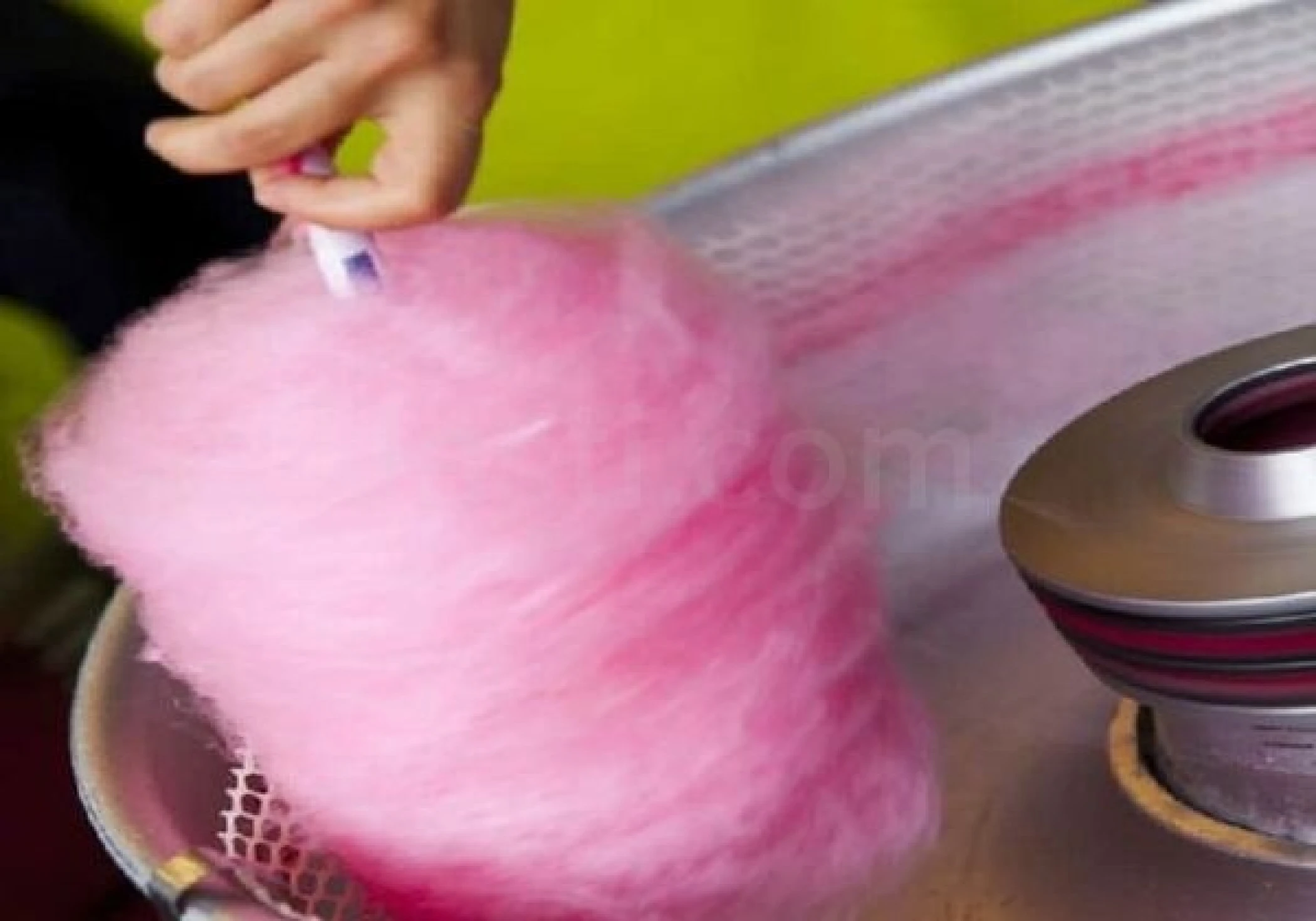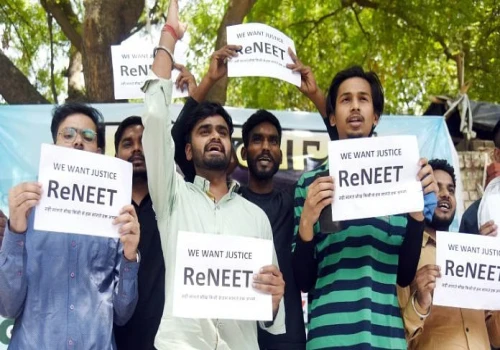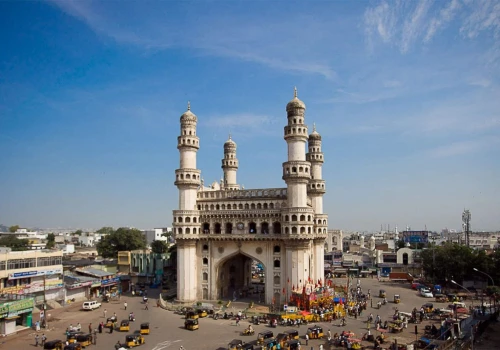
The sale of cotton candy, known as "panju mittai," has been prohibited in Tamil Nadu following an investigation that revealed the presence of cancer-causing chemicals in samples collected from stalls in Chennai, according to Health Minister Ma. Subramanian. The analysis prompted concerns about the potential health risks associated with the popular fluffy, bright pink treat.
After the food safety department collected samples from beaches and various locations in Chennai, government labs confirmed the presence of cancer-causing chemicals. Subsequently, the minister enforced a ban on the sale of cotton candy. He further emphasized that the utilization of Rhodamine-B as a food additive in the production, packaging, import, sale, or serving of food at weddings and public events would be subject to penalties under the Food Safety and Standards Act, 2006. Subramanian stated that the Commissioner of Food Safety has instructed officials to take stringent actions following the Act.
Approximately two weeks ago, P Satheesh Kumar, the appointed representative of the Food Society Department, spearheaded a team of officials to conduct a raid on stalls selling cotton candy in Marina Beach and other locations. This action followed a similar raid in Puducherry, where subsequent tests exposed the presence of Rhodamine-B, an industrial dye, in the cotton candy sold. The dye was employed as an artificial coloring agent in the confection.
On February 16, the food safety department released a statement officially affirming the existence of Rhodamine-B in the samples of cotton candy, commonly known as candy floss, categorizing the samples as 'substandard' and 'unsafe.'
Rhodamine B is a water-soluble chemical compound with dye properties, recognized for its vibrant pink color. This chemical is harmful to humans and, if ingested, can induce oxidative stress on cells and tissues. Its toxicity is heightened when combined with food products, posing a long-term risk of cancer and tumor development.











